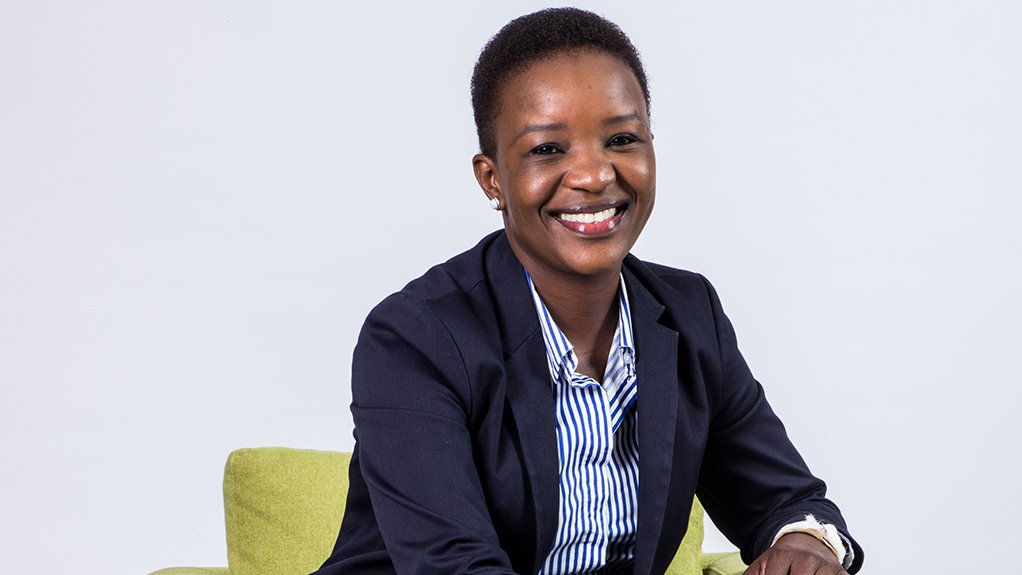/ MEDIA STATEMENT / The content on this page is not written by Polity.org.za, but is supplied by third parties. This content does not constitute news reporting by Polity.org.za.
This is going to be a challenging year for business. Globally there will be a record number of elections. At the same time, we face an unprecedented level of geopolitical stress with the Russia/Ukraine and Israel/Hamas wars creating major uncertainty.
South Africa is one of the many countries that will be heading to the polls. Our democratic institutions are a great strength, and it is thrilling to see them in action as we will sometime this year. But political campaigns can be a distraction to the business of running the country, particularly at a crucial time for us to make progress on the major challenges facing our economy. There is also a heightened risk of populist policy being rushed through parliament to add to the electioneering. Already, the passage of the unworkable National Health Insurance (NHI) Bill shows how destructive such moves can be, with the president this weekend promising to sign it into law despite opposition “whether they like it or not”. Of course, the law will never work simply because there is no capacity to implement it, and as soon as it is signed it will be embroiled in litigation on several fronts including its constitutionality.
With economists predicting that the economy will grow only 1.5% this year, having grown 0.8% last year, the need to focus on kickstarting growth is obvious. Populist politicking can obviously harm that effort. The NHI Bill, for example, is already giving businesspeople pause for thought about whether they will be able to rely on the South African health system in the future. Health professionals, who are easily globally mobile, are also worried about their futures. It is frustrating for those of us focused on delivering the changes that will push economic activity in the right direction.
Last year business and government renewed efforts to jointly work on the most pressing challenges for growth, including the electricity crisis, the logistics crisis, and crime and corruption. A pleasing announcement over the festive break was the appointment of a board for the Eskom transmission company, an important next step in its eventual unbundling to allow for a competitive and open electricity market. Also during the break, the long-awaited draft Integrated Resource Plan was published, a document that has historically been important in planning out our energy development needs. The IRP is becoming less important as more electricity generation is taken on by the private sector, but it remains central to the vision for the future of the electricity system. It is progress that the draft has been published, yet there is much that needs to be fixed in it to meet the principle of lowest cost in planning out the future of the electricity system. An effective consultation on the draft will be important to aligning stakeholders on a rational plan for the sector.
It is critical that we maintain momentum in our reform partnership, delivering on agreed priorities while election season unfolds. The logistics crisis, for example, needs urgent steps to be taken between business, government, Transnet and other stakeholders to improve the efficiency of rail and port infrastructure. The obstacles facing exporters, from vehicles to minerals, are directly constraining economic activity, leading to lost jobs and lost revenue, including taxes. I hope in 2024 we will be galvanised to deliver on the plans that have already been forged to fix this crucial network industry, without distraction.
The government and business partnership is critical to building confidence globally that South Africa is getting its act together. Today, the World Economic Forum opens in Davos, and South Africa is well represented by a delegation of senior business and government leaders convened by finance minister Enoch Godongwana. Our reform progress is the key message that must be conveyed, delivered to a global audience that will be on guard about heightened risks globally. We must be clear that our constitutional democracy is a bedrock for our economy, underpinning the rule of law and long-term stability. We can also be a country of pragmatists, able to make the reforms necessary to get things working even while ideologues sometimes make it difficult. Global investors should take confidence that democracy here works, and by backing our economy they will be rewarded. I wish the delegation all the best.
I enter the year committed to driving forward the reforms we need. There will be new challenges, particularly until the election is done, in keeping the focus on the sometimes intricate work that must be done to unlock economic activity. As business, we will also have to navigate populist rhetoric that can damage business confidence. But our country has the resilience to find its way to solutions and I am confident that there are many people of good will both in government and business who will be able to make meaningful progress together. I wish you all a successful 2024 and look forward to working with you to deliver change.
Issued by BLSA CEO Busisiwe Mavuso
EMAIL THIS ARTICLE SAVE THIS ARTICLE ARTICLE ENQUIRY
To subscribe email subscriptions@creamermedia.co.za or click here
To advertise email advertising@creamermedia.co.za or click here











